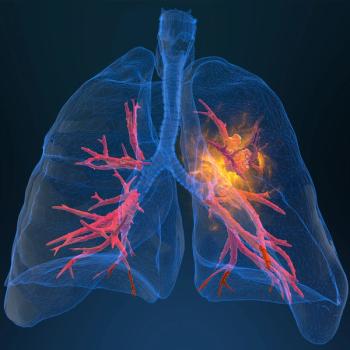
ATR-04 therapy is being investigated in the phase 1/2 ATR04-484 clinical trial for the treatment of EGFR inhibitor-associated rashes in lung cancer.

Ryan Scott is an Editor of CURE; she joined MJH Life Sciences in 2021. In addition to writing and editing timely news and article coverage, she manages CURE's social media accounts; check us out @curetoday across platforms such as LinkedIn, Facebook, X, and Instagram! She also attends conferences live and virtually to conduct video interviews and produce written coverage. Email: rscott@mjhlifesciences.

ATR-04 therapy is being investigated in the phase 1/2 ATR04-484 clinical trial for the treatment of EGFR inhibitor-associated rashes in lung cancer.
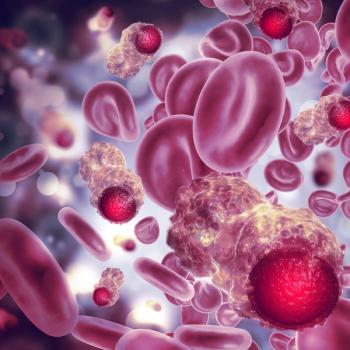
Education and patient advocacy are essential to improving care in Waldenström macroglobulinemia amid clinical advances, according to Dr. Shirley D'Sa.

A phase 1b study of HC-7366 plus Welireg for advanced clear cell renal cell carcinoma has completed the dose escalation portion of the clinical trial.
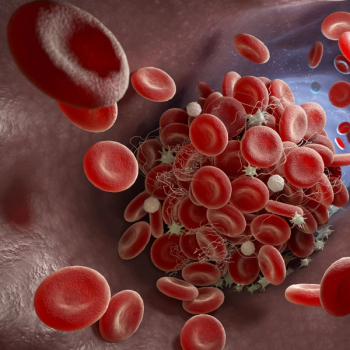
Dr. Andrew M. Evens discusses long-term survivorship challenges that can occur among adolescent and young lymphoma survivors.

Dr. Andrew M. Evens discussed the importance of differentiating AYA cancers from other age groups, specifically focusing on lymphoma care.

The FDA’s ODAC has voted against the risk/benefit profile of two targeted therapies for the treatment of bladder and prostate cancer, respectively.

JAK inhibitors ease symptoms in myelofibrosis, but only stem cell transplant offers a cure; newer drugs aim to fill unmet needs, especially for anemia.

The FDA'S ODAC has casted their votes on the use of certain treatments in both the relapsed/refractory DLBCL and myeloma patient populations, respectively.

Dr. Ranjit S. Bindra discusses recent advancements for the treatment of patients with primary brain tumors during Brain Cancer Awareness Month.

Recent phase 2 data support combination treatment with samuraciclib for those with HR+ advanced breast cancer following prior CDK4/6 inhibitor therapy.

Dr. Daniel P. Petrylak sits down with CURE during Bladder Cancer Awareness Month to discuss key topics for patients with the disease.

The FDA approved the Ventana MET RxDx assay, making it the first companion diagnostic to aid in determining MET protein expression in non-squamous NSCLC.

CX-2051 treatment demonstrated responses in patients with advanced, late-line colorectal cancer, according to interim data from the CTMX-2051-101 study.

The U.S. FDA has approved treatment with Emrelis for adult patients with previously treated, advanced NSCLC with high c-Met protein overexpression.

Dr. Hyman B. Muss discusses the unique challenges that older patients with breast cancer face during and after treatment for their disease.

Treatment with a custom-made vaccine combination was found to be safe and feasible for patients with bladder cancer, eliciting a strong immune response.
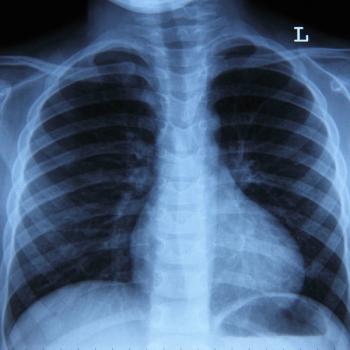
Investigators are using MET immunohistochemistry testing and FDA-approved profiling tools to personalize care and address unmet needs in NSCLC treatment.

An expert reflects on the treatment landscape of Waldenström macroglobulinemia, emphasizing diagnostics, collaboration and managing neuropathy effectively.

Dr. Hyman B. Muss discusses the unique facets of care that should inform personalized treatment decision-making for older patients with breast cancer.

Eraglusib with gemcitabine and nab-paclitaxel achieved statistical significance in the first-line treatment of metastatic pancreatic ductal adenocarcinoma.
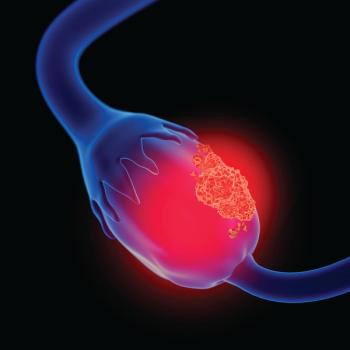
The first trial site has been initiated in the pivotal phase 3 OVATION 3 study which will investigate IMNN-001 for newly diagnosed advanced ovarian cancer.

Dr. Kara Kelly discusses the unique challenges that adolescent and young adult patients with cancer face following their diagnosis.

Dr. Daniel J. Boffa discusses the link between smoking cessation and increase in survival for people who are active smokers and diagnosed with cancer.

Treatment with cemsidomide resulted in notable responses at multiple dose levels for patients with multiple myeloma

Dr. Armine Smith discusses the importance of personalized therapeutic approaches for the treatment of urologic cancers, such as bladder or kidney cancer.
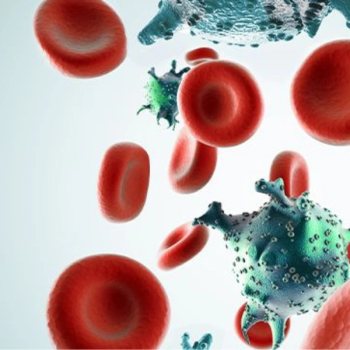
Treatment with givinostat has received fast track designation from the United States Food and Drug Administration for patients with polycythemia vera.

Dr. Cathy Eng discusses data that led to the FDA approval of Braftovi and Erbitux plus chemo for metastatic colorectal cancer with a BRAF V600E mutation.

First-line treatment with a Keytruda combo had an overall survival of 17.6 months in some with recurrent/metastatic head and neck squamous cell carcinoma.
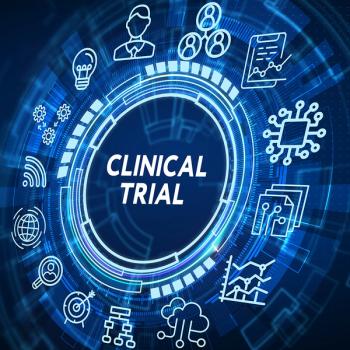
The phase 3 POIESIS trial is set to investigate navtemadlin as an add-on therapy to Jakafi in patients with JAK inhibitor-naive myelofibrosis.

Dr. Neha Mehta-Shah shares how patients can better understand their subtype of rare lymphoma, as well as expands on the challenges these patients face.